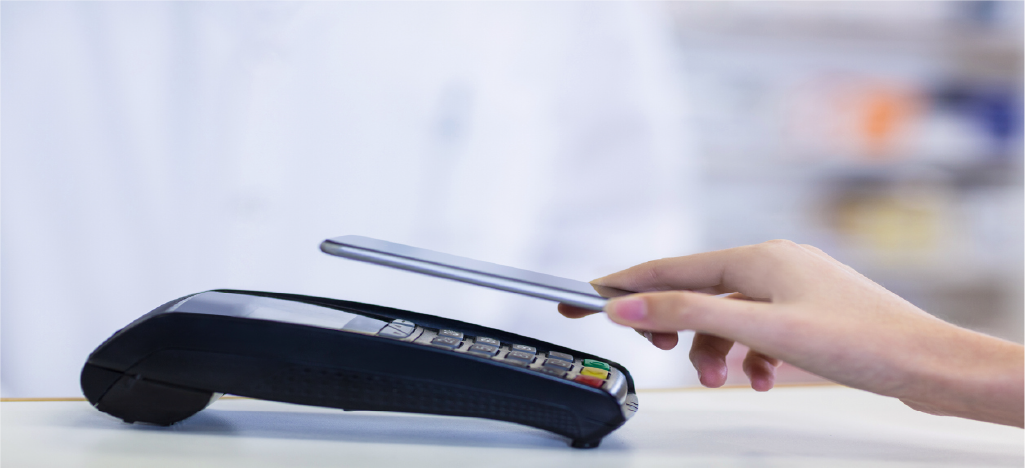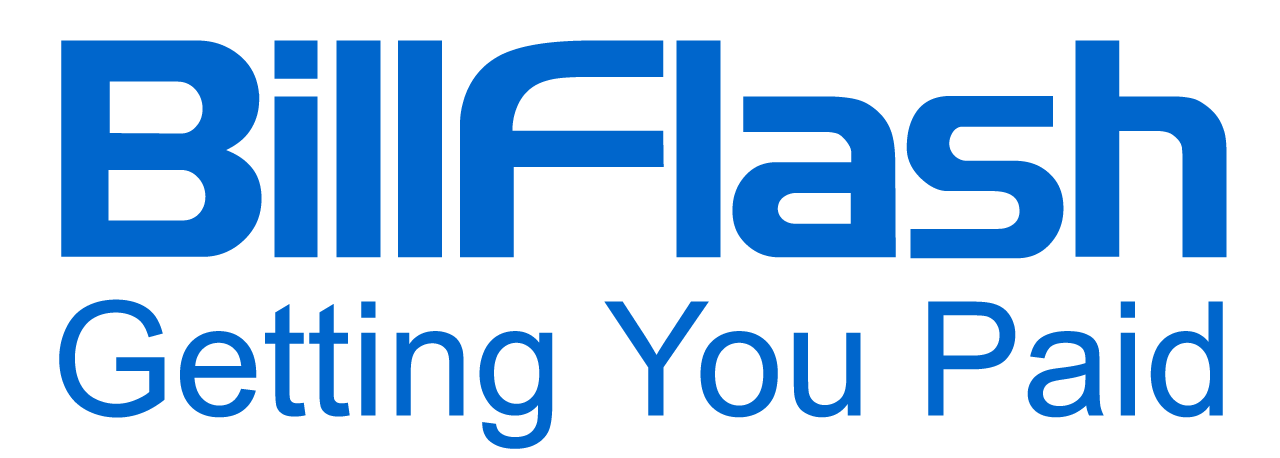Learn about the importance of PCI compliance in the healthcare industry and how it protects sensitive patient data.
In today's increasingly digital world, healthcare organizations are becoming more reliant on technology to store and transmit sensitive patient information. With this reliance comes the need for robust security measures to protect patient data from unauthorized access and potential breaches. One such security standard that healthcare organizations must adhere to is PCI compliance.
Understanding PCI Compliance

PCI compliance, or Payment Card Industry Data Security Standard compliance, is a set of security standards developed by the Payment Card Industry Security Standards Council (PCI SSC) to ensure the safe handling, storage, and transmission of cardholder data. While PCI compliance is commonly associated with the payment card industry, it also applies to healthcare organizations that process, store, or transmit payment card information.
When it comes to protecting sensitive information, PCI compliance plays a crucial role in maintaining the integrity and security of cardholder data. It establishes a framework that organizations must follow to safeguard payment card information and prevent unauthorized access, theft, or disclosure.
The Payment Card Industry Security Standards Council (PCI SSC) is responsible for developing and maintaining these standards. This council is made up of major payment card brands, including Visa, Mastercard, American Express, Discover, and JCB International. Together, they work to ensure that businesses and organizations handling payment card information meet the necessary security requirements.
Definition of PCI Compliance
Simply put, PCI compliance refers to the adherence to the security standards set forth by the PCI SSC. These standards include various requirements and best practices that healthcare organizations must implement to protect cardholder data from unauthorized access, theft, or disclosure. By achieving PCI compliance, organizations demonstrate their commitment to maintaining a secure environment for handling sensitive patient information.
One of the key aspects is the implementation of secure network systems. This involves using firewalls, encryption, and other security measures to protect cardholder data during transmission. Additionally, organizations must regularly update their systems and software to ensure they are equipped with the latest security patches and protections.
Furthermore, PCI compliance requires organizations to establish and maintain strict access controls. This includes limiting access to cardholder data only to authorized personnel and implementing strong authentication measures, such as unique usernames and passwords, to prevent unauthorized individuals from gaining access to sensitive information.
Importance of PCI Compliance in Healthcare
The importance of PCI compliance in the healthcare industry cannot be overstated. With the increasing number of healthcare data breaches and the rising threat of cyber-attacks, healthcare organizations must prioritize data security to protect patient information. Failure to comply with PCI standards can have severe consequences, including legal and financial penalties, as well as reputational damage.
Healthcare organizations handle a vast amount of sensitive patient information, including payment card data. This information is highly valuable to cybercriminals, who can exploit it for financial gain or engage in identity theft. By adhering to PCI compliance standards, healthcare organizations can minimize the risk of data breaches and ensure that patient information remains secure.
Moreover, maintaining this standard helps healthcare organizations build trust with their patients. When individuals seek medical services, they expect their personal and financial information to be handled with the utmost care and security. By demonstrating compliance with PCI standards, healthcare organizations can reassure patients that their data is being protected and that their privacy is a top priority.
In conclusion, PCI compliance is a critical aspect of data security in both the payment card industry and the healthcare sector. By adhering to these standards, organizations can mitigate the risk of data breaches, protect sensitive information, and maintain the trust of their customers and patients.
The Role of PCI Compliance in Protecting Patient Information
One of the primary objectives of PCI compliance in healthcare is to ensure the protection of patient information. To achieve this, healthcare organizations must focus on two key aspects: ensuring data security and preventing data breaches.
Ensuring Data Security
Securing patient data starts with building and maintaining a secure network infrastructure. Healthcare organizations must implement robust firewalls, encryption protocols, and access controls to prevent unauthorized access to cardholder data. These security measures help safeguard patient information from cyber-attacks and reduce the risk of data breaches.
Additionally, healthcare organizations should regularly update their software and systems to patch any vulnerabilities that may be exploited by hackers. By staying up to date with the latest security patches, organizations can ensure that their network infrastructure remains secure and protected.
Preventing Data Breaches
Healthcare organizations that store or transmit cardholder data are attractive targets for cybercriminals. By achieving PCI compliance, organizations implement comprehensive security measures that help to mitigate the risk of data breaches.
Regularly monitoring and testing networks for vulnerabilities is an essential step in preventing data breaches. Healthcare organizations should conduct regular vulnerability scans and penetration tests to identify any weaknesses in their systems and address them promptly. By proactively identifying and fixing vulnerabilities, organizations can significantly reduce the risk of data breaches.
In addition to monitoring and testing, implementing intrusion detection and prevention systems (IDPS) is crucial for preventing data breaches. IDPS can detect and respond to any suspicious activity on the network, such as unauthorized access attempts or unusual data transfers. By promptly detecting and responding to potential threats, healthcare organizations can prevent data breaches before they occur.
Furthermore, conducting regular employee training and awareness programs can help prevent data breaches caused by human error. Healthcare organizations should educate their staff on best practices for handling sensitive patient information, such as using strong passwords, being cautious of phishing emails, and securely disposing of physical documents.
In conclusion, PCI compliance plays a vital role in protecting patient information in healthcare organizations. By ensuring data security and implementing measures to prevent data breaches, organizations can safeguard patient data and maintain the trust of their patients.
Key Components in Healthcare

While achieving and maintaining PCI compliance may seem daunting, understanding the key components can help healthcare organizations navigate the requirements effectively. These key components include building and maintaining a secure network, protecting cardholder data, and regularly monitoring and testing networks for vulnerabilities.
Building and Maintaining a Secure Network
Building a secure network infrastructure is the foundation of PCI compliance. Healthcare organizations must establish and maintain a secure network environment by implementing firewalls, regular software updates, and strong access control measures. By ensuring a secure network, organizations reduce the risk of unauthorized access and potential breaches.
Protecting Cardholder Data
Protecting cardholder data is a pivotal aspect of PCI compliance. Healthcare organizations must implement strong encryption protocols, strict access controls, and secure storage practices to safeguard cardholder data. By employing these protective measures, organizations can significantly reduce the risk of data breaches and unauthorized access to patient information.
Regularly Monitoring and Testing Networks
Regular monitoring and testing of networks are critical in maintaining PCI compliance. Healthcare organizations must conduct vulnerability assessments, penetration testing, and file integrity monitoring to identify and rectify any security weaknesses or vulnerabilities. By regularly monitoring and testing networks, organizations can proactively address potential threats and ensure the ongoing security of patient data.
Achieving and Maintaining PCI Compliance
Achieving and maintaining PCI compliance requires careful planning and implementation of specific steps and measures. Healthcare organizations must follow a structured approach to achieve and maintain compliance with PCI standards.
Steps to Achieve PCI Compliance
The first step towards achieving PCI compliance is to assess the current security posture and identify any gaps or deficiencies. Healthcare organizations must then implement the necessary security controls and protocols to address these gaps. Regular monitoring and testing can help organizations identify any vulnerabilities and promptly address them. Continual training and education of employees also play a crucial role in maintaining compliance.
Challenges in Maintaining PCI Compliance
While achieving PCI compliance is essential, maintaining compliance can present challenges. The evolving threat landscape, rapidly changing technology, and complex regulations can make it challenging for healthcare organizations to stay compliant. Regular audits, ongoing monitoring, and investing in advanced security solutions can help healthcare organizations address these challenges and maintain compliance.
The Impact of Non-Compliance
Non-compliance with PCI standards can have significant consequences for healthcare organizations. The two primary areas of impact are legal consequences and financial implications.
Legal Consequences of Non-Compliance
Healthcare organizations that fail to comply with PCI standards may face legal consequences, including lawsuits, regulatory fines, and penalties. Breaching data privacy laws and failing to protect patient information can result in significant legal liabilities, damage to the organization's reputation, and erosion of patient trust.
Financial Implications of Non-Compliance
In addition to legal consequences, non-compliance with PCI standards can result in substantial financial implications. Fines and penalties imposed by regulatory bodies can be substantial. Moreover, the cost of remediation, potential legal fees, and the loss of business due to reputational damage can further exacerbate the financial impact on healthcare organizations.
Conclusion

PCI compliance plays a vital role in safeguarding patient information in the healthcare industry. By adhering to the security standards and best practices outlined by PCI SSC, healthcare organizations can help mitigate the risk of data breaches, protect patient privacy, and maintain the trust of their patients. Achieving and maintaining PCI compliance requires a comprehensive approach that encompasses building a secure network, protecting cardholder data, and regularly monitoring and testing networks. Failure to comply with PCI standards can have severe consequences, both legally and financially, highlighting the importance of prioritizing data security in healthcare organizations.
Going Forward with BillFlash
With BillFlash, practices can go further by optimizing their revenue cycle, efficiently collecting past-due A/R, and providing patients with a convenient and secure payment experience. With a user-friendly interface and industry experts available for all your billing, payments, and collections needs, BillFlash is the perfect solution for small practices.

